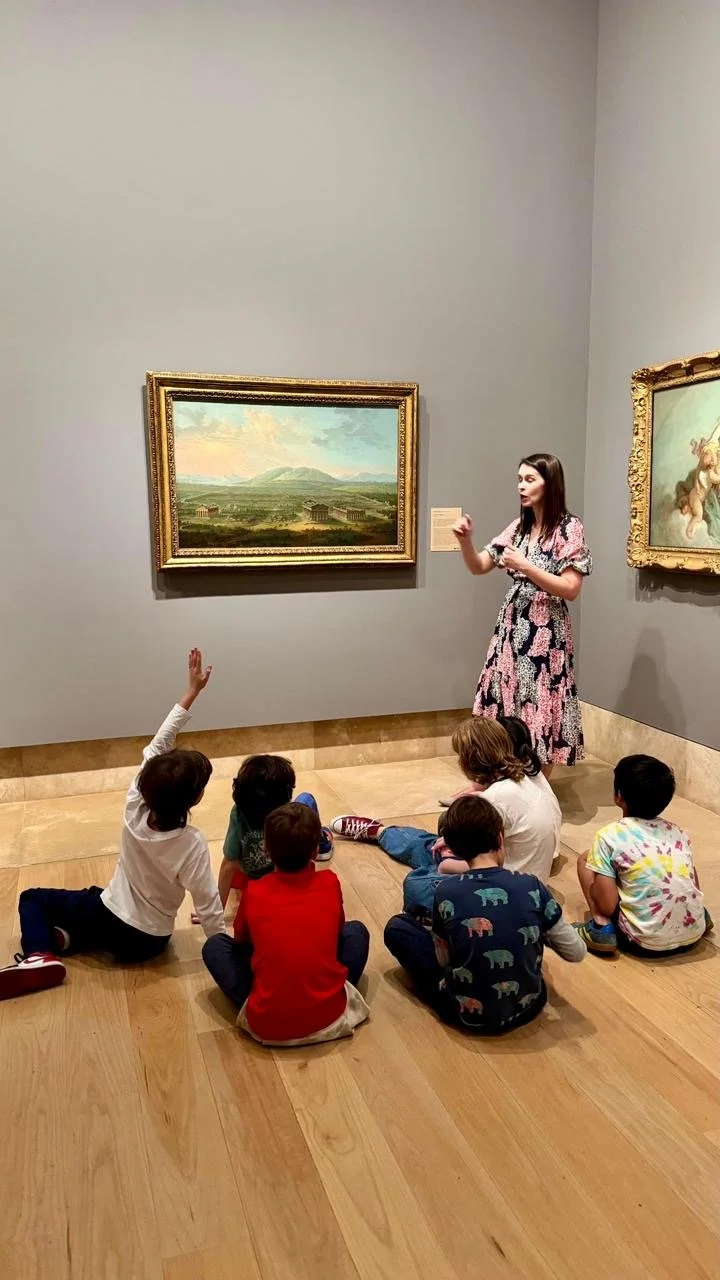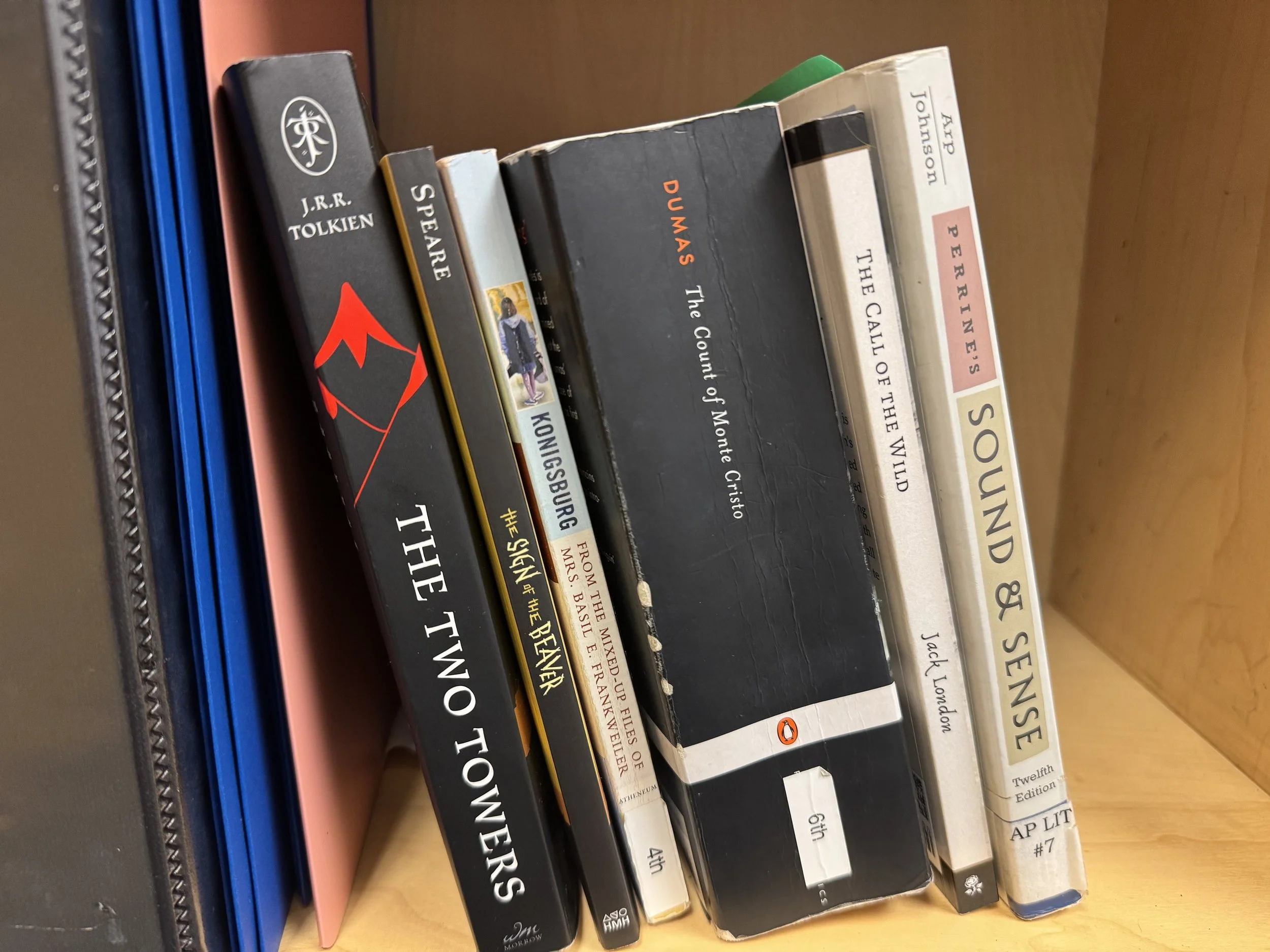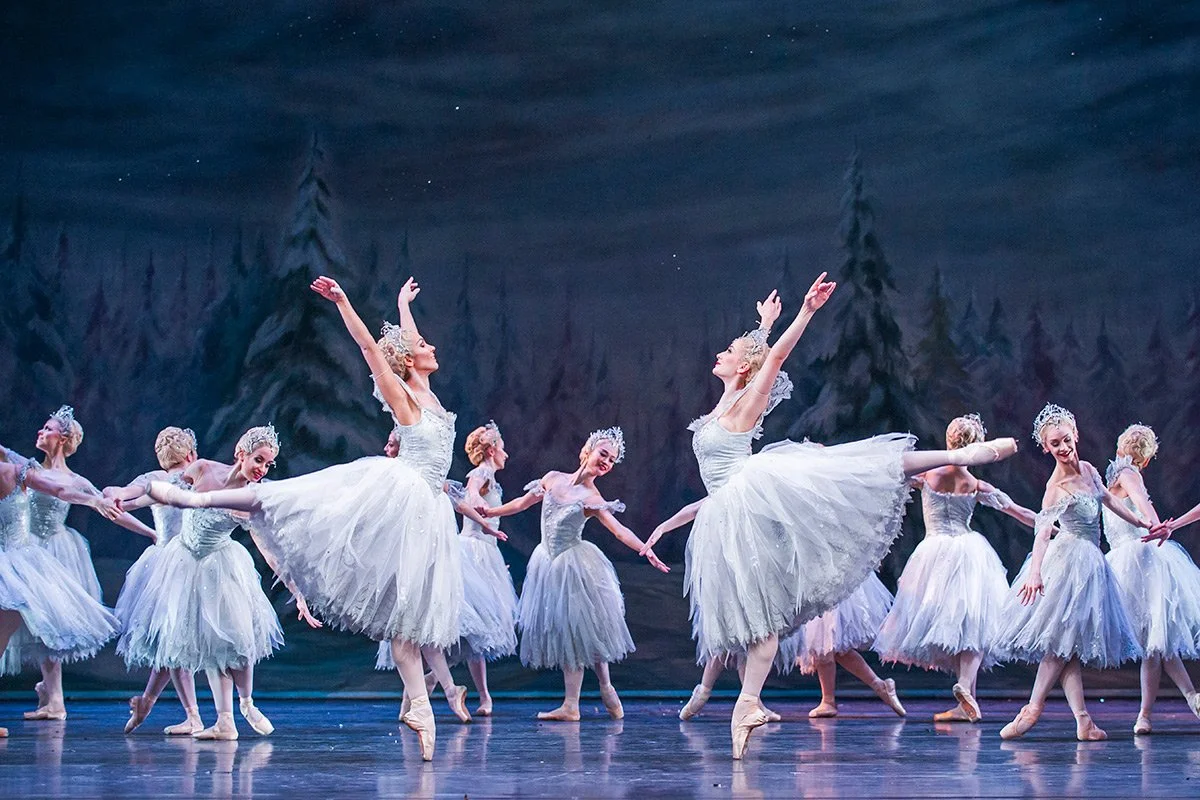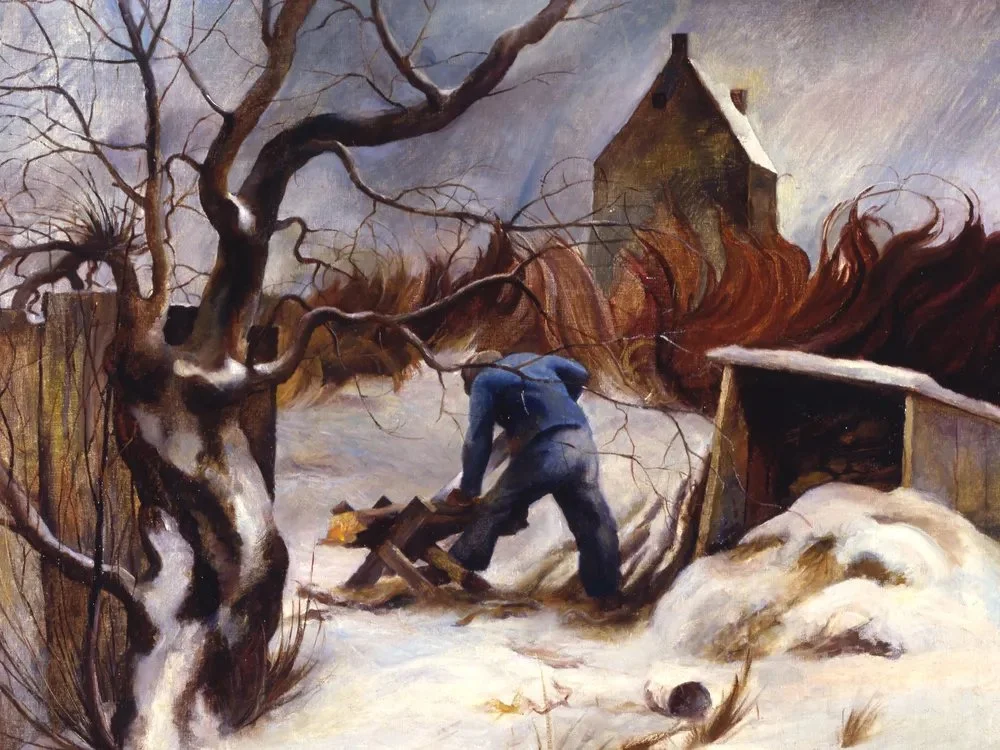
Illustration by Inga Moore from The Secret Garden
Recent Reflections
Reflections

Art Museum Field Trip
The Poetry Periodical
The Poetry Periodical
Subscribe
Fill out the form below so you can get an email every time I post something new.










